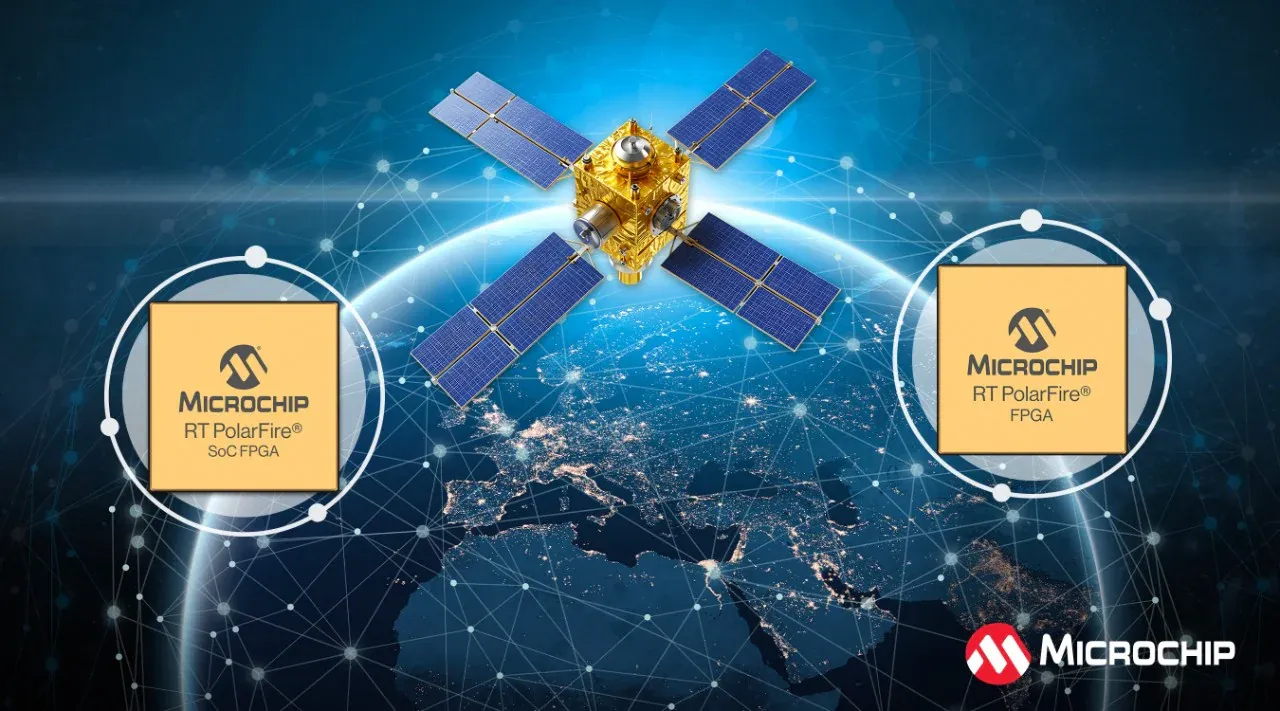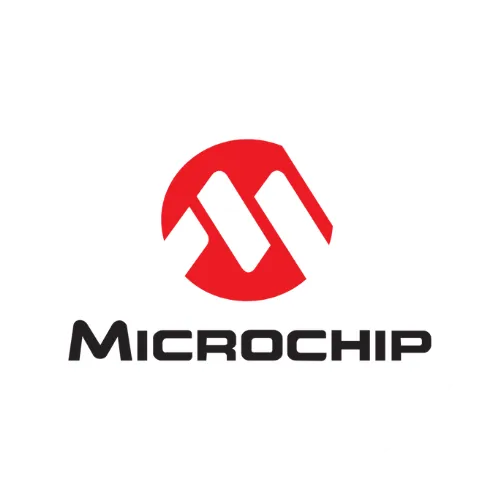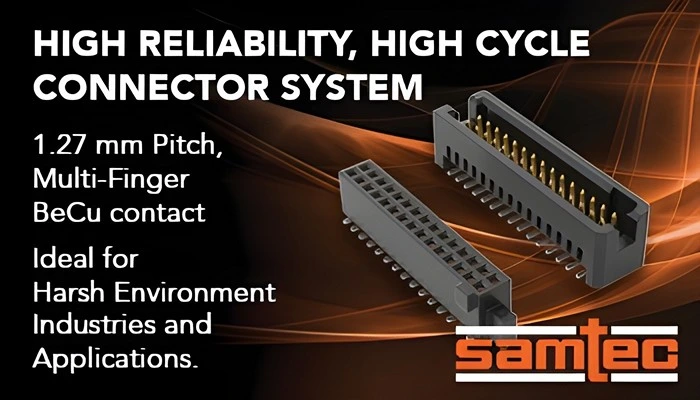
Microchip has announced two key updates to its Radiation-Tolerant (RT) PolarFire® product line, reinforcing its position in the space-qualified FPGA market. The company has achieved new radiation-tolerant qualifications for the RT PolarFire RTPF500ZT FPGA and released engineering samples of its RT PolarFire SoC FPGA, moving closer to broader adoption in satellite and aerospace systems.
These milestones highlight Microchip’s focus on long-term reliability, performance in harsh environments, and support for high-assurance applications in orbit and beyond.
Space-Ready FPGAs with Industry Certifications
The RTPF500ZT device has been qualified to both MIL-STD-883 Class B and QML Class Q standards. These certifications, issued under US military and aerospace guidelines, validate the FPGA’s ability to perform reliably under severe thermal, mechanical, and electrical stress.
For mission designers, this means they can integrate the device into systems that must survive radiation, temperature swings, and other challenges encountered in orbit without additional mitigation hardware.
Microchip’s nonvolatile architecture is central here. Unlike SRAM-based FPGAs that require radiation protection around their configuration memory, RT PolarFire devices remain unaffected by bit flips caused by space radiation. That removes the need for extra redundancy or reconfiguration logic and helps reduce system cost, complexity, and power draw.
The updated RTPF500ZT also improves on the earlier RTPF500T model, with stronger Single Event Latch-up (SEL) protection and enhanced support for inflight reprogramming, giving engineers more options for flexible, reconfigurable space platforms.
New SoC Samples Support Software-Driven Missions
Alongside the FPGA qualification, Microchip has made engineering samples available for its RT PolarFire SoC, a radiation-tolerant system-on-chip that merges a hardened RISC-V-based processor subsystem with the company’s established FPGA fabric.
This hybrid approach allows developers to run Linux-based software and real-time control tasks on the same chip. The SoC is designed for space-grade reliability and will pursue further QML Class V and Class Y certifications, both essential for long-duration missions and central flight processing.
“We’ve supported space programs across low Earth orbit, deep space, and satellite platforms for decades,” said Shakeel Peera, Vice President of Marketing and Strategy for Microchip’s FPGA business. “As missions grow more complex, we’re delivering FPGAs and SoCs that offer both higher logic density and trusted long-term reliability.”
Tools, Ecosystem, and Prototyping Support
The updated RT PolarFire family is backed by Microchip’s Libero SoC Design Suite, which includes IP libraries, reference designs, and tailored solution stacks for space applications. For software development, the SoC connects to the Mi-V RISC-V ecosystem, providing open-source tooling and middleware with strong industry backing.
To support early-stage projects, Microchip also offers a set of development boards and hardware kits, giving teams the ability to validate designs and accelerate system integration before committing to flight hardware.
By adding radiation-hardened SoC options and securing trusted certifications for its FPGAs, Microchip continues to offer designers more choice in how they approach the growing demands of space-based electronics.
Conclusion
These new milestones confirm Microchip’s position as a key supplier of space-qualified logic solutions. Whether for satellite control systems, onboard payload processing, or secure communications links, the RT PolarFire family provides a flexible, power-efficient path forward.
With tools in place and qualification paths defined, Microchip is clearly investing in the long game, supporting engineers designing the next generation of space systems, from low Earth orbit to deep space.
Read the original announcement here.




